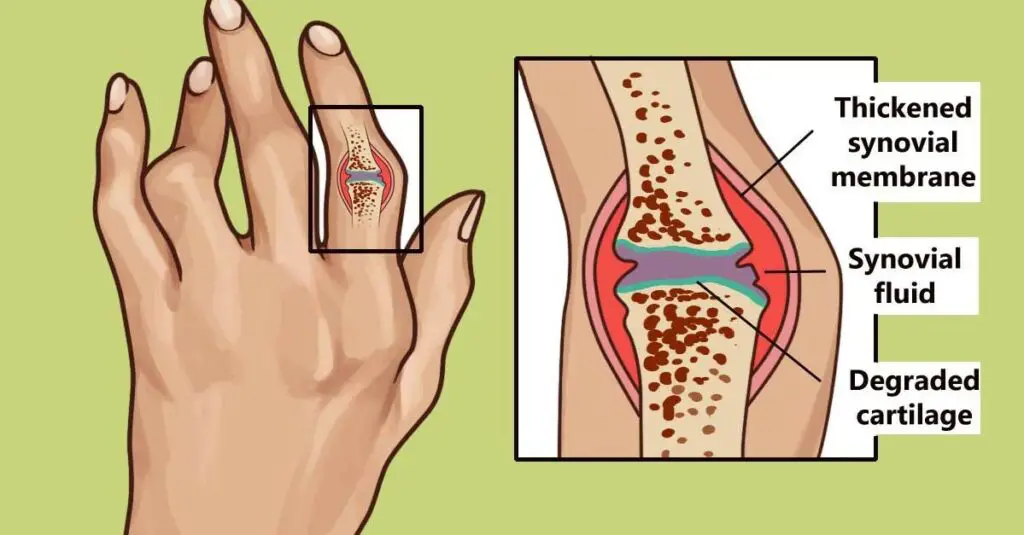Inflammation is a bodily response that can be caused by infection, stress, food allergies, or autoimmune diseases. The purpose of inflammation is to protect the body from further harm. Inflammation occurs when tissues are injured by chemical or physical agents and the body’s white blood cells release histamines and other chemicals to clean up the area.
Food allergies, stress, and sitting too much can all cause inflammation. It is marked by joint discomfort and stiffness, as well as flu-like symptoms such as fever, chills, tiredness, headache, loss of appetite, and muscular stiffness. Prescription medicines may be used to treat arthritis and inflammation in certain cases, but natural home treatments have been used in India for over 3,000 years. Here are eight Ayurvedic (traditional Indian) treatments you may try at home!
Get enough sleep
If you don’t get enough sleep, your body cannot repair and restore itself. This causes your immune system to operate at full throttle during the day, which results in inflammation. To decrease inflammation, it is recommended to sleep 7-8 hours every night.
Keep track of your stress levels
Ayurvedic medicine focuses on treating issues at their source. This is why it’s advised to keep a stress diary. When you’re stressed, your body’s immune system generates an inflammatory response to fight off the threat. If you can figure out what causes your anxiety, you can try to eliminate the stimuli that cause it and thus decrease inflammation. Make a note of how your body reacts to stress and when you notice inflammation. Is your body rigid the day after drinking a lot of milk, for example? This frequently leads to the identification of typical food allergies, such as gluten, soy, and lactose.
Consume turmeric on a daily basis
Turmeric is a well-known herb with anti-inflammatory effects. This venerable Ayurvedic herb is well-known for its anti-inflammatory functions. It is so effective that studies have shown it to be more effective than pharmaceuticals in treating rheumatoid arthritis. Try it in curries, on eggs, or dissolved in a glass of warm milk.
Try giving yourself a massage
A massage is a treat for yourself that helps you unwind and works to decrease irritation. Every day, Banyan Botanicals advises giving yourself a 10 to 20-minute massage. Rub your painful joints and stiff muscles with 1/2 cup (120 ml) of warm sunflower or coconut oil before bathing or taking a hot shower.
Add ginger to your diet
Because it is high in antioxidants and anti-inflammatory chemicals, this spicier root aids in the relief of joint discomfort. It may help with increasing joint mobility, relieving pain, reducing edema, and lowering morning stiffness according to Spirituality Health. Make a habit of drinking ginger tea every morning.
Eat yogurt every day
According to The Chopra Center, the majority of your immune system, about 60 to 70 percent, resides in your gut. This is why it’s so important to look after your digestive system. An inflammatory response will be triggered if your stomach is out of balance or upset. Probiotics, such as yogurt, are a great way to keep your gut healthy.
Fennel, coriander, and cilantro
All of these herbs have anti-inflammatory properties and help to relax the body. They should be included in a healthy diet that includes naturally sweet, bitter, and pungent foods as well. Chickpeas cooked with turmeric and combined with pomegranates, cashews, cilantro, and coriander make an excellent anti-inflammatory supper.
Yoga, swimming, and cycling are all excellent
It’s advised that those who have persistent inflammation engage in mild exercises such as yoga, swimming, and cycling. During the summertime, try to get some exercise five times a week, preferably in the morning or evening when it’s cooler.
Ayurvedic doctors use home treatments to treat a broad range of ailments and pains since Indian communities practicing Ayurvedic medicine for more than 3,000 years. They could work for you, too!
What is your impression of Ayurvedic therapy? Please respond and SHARE this article on social media!








